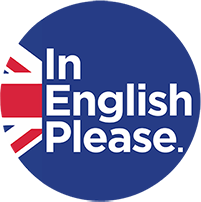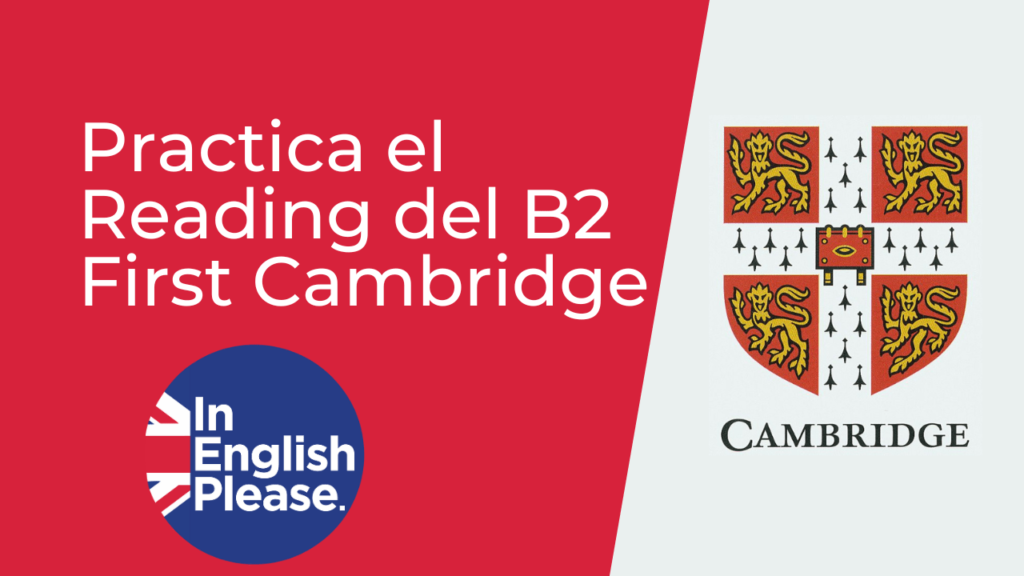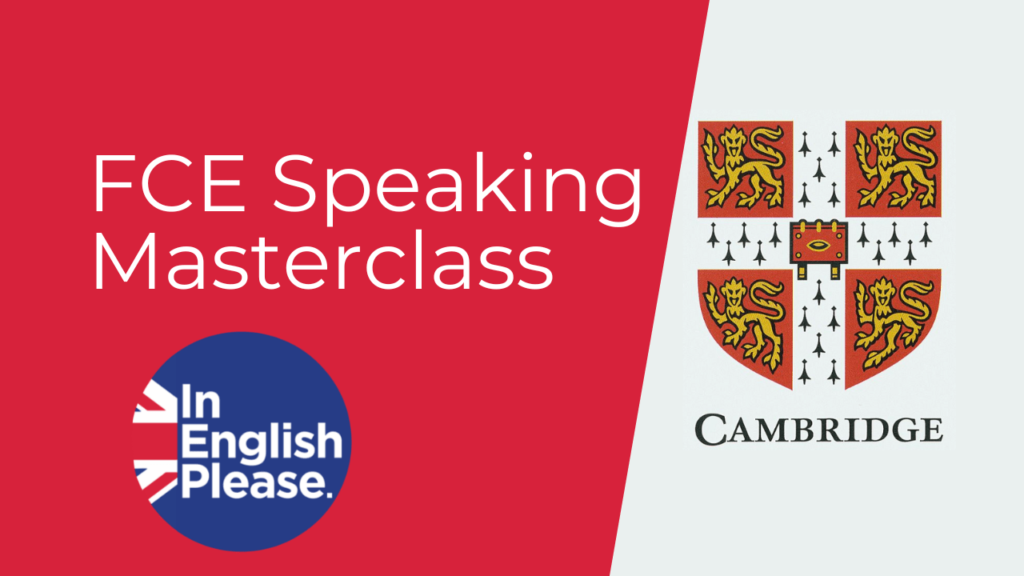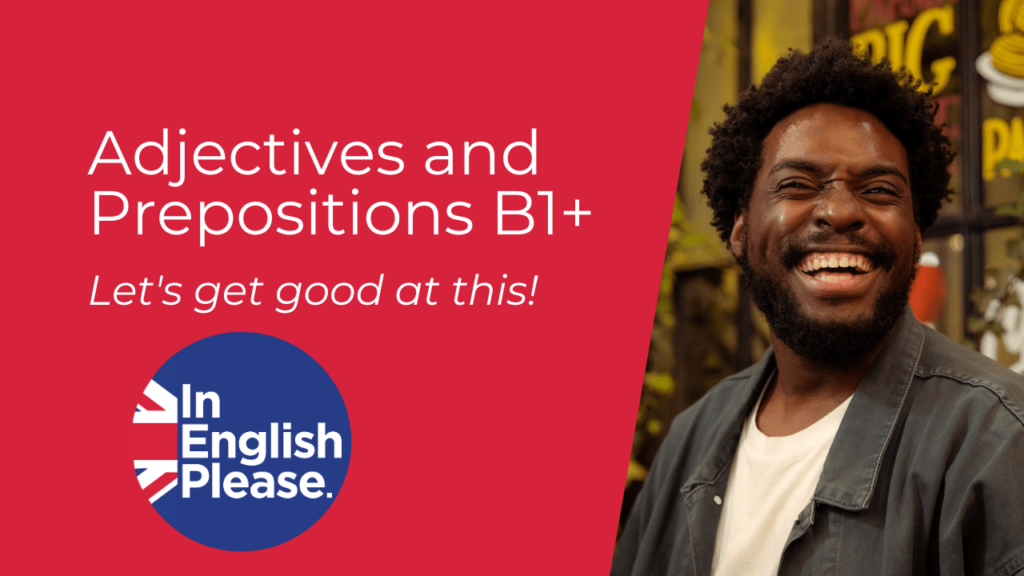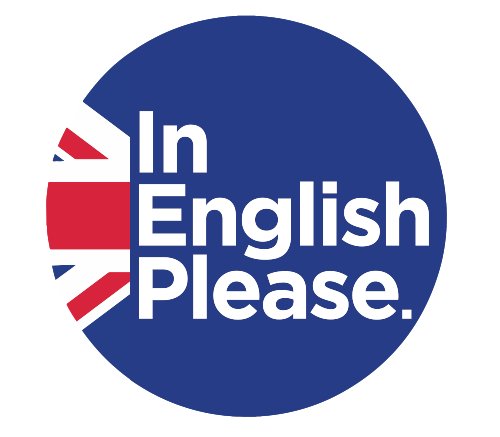
Written by Irene Quesada

Entrevista de trabajo en inglés
Tras este post sobre vocabulario y frases para entrevistas de trabajo en inglés, hemos pensado que sería buena idea traerte un par de ejemplos de entrevistas de trabajo en inglés que te sirvan de inspiración. Tienes además este curso de entrevistas de trabajo en inglés para prepararte a fondo.
A continuación te dejo dos ejemplos para dos puestos diferentes. Fíjate en las respuestas y trata de elaborar las tuyas. La clave del éxito es practicar.
Ejemplo de entrevista de trabajo en inglés: Customer Service
Interviewer: Hi there, thank you for coming in today. Can you start by telling me a bit about yourself and your previous experience in customer service?
- Sarah: Hi, thank you for having me. My name is Sarah and I have been working in customer service for the past 3 years. My most recent role was at a retail store, where I assisted customers with their purchases and handled any issues or concerns they had.
Interviewer: Great, can you give me an example of a time when you went above and beyond to help a customer?
- Sarah: Sure, there was a customer who came into the store looking for a specific item that we didn’t have in stock. Instead of just telling them we didn’t have it and letting them leave empty-handed, I took the time to research other stores in the area that might have it and even called a few to check. I was able to find the item at a nearby store and gave the customer directions on how to get there. They were really appreciative and ended up becoming a regular customer.
Interviewer: That’s great to hear. How do you handle difficult or upset customers?
- Sarah: I always try to remain calm and patient, even if the customer is upset. I listen to their concerns and validate their feelings, then try to find a solution that will work for both parties. If I can’t solve the problem on my own, I will escalate it to a manager or another team member who may be able to assist.
Interviewer: Excellent. Can you tell me about a time when you had to handle a particularly challenging customer?
- Sarah: Yes, there was a customer who was upset about a product they had purchased and was demanding a full refund, even though it was past our return policy. I listened to their concerns and explained our policy, but they weren’t satisfied. I ended up offering them a partial refund as a gesture of goodwill and also provided them with information on how to contact the product manufacturer for further assistance. They left the store still upset, but at least felt that we had tried to help them as best we could.
Interviewer: Good problem-solving skills. Finally, what do you think are the most important qualities for someone in a customer service role?
- Sarah: I think it’s important to have excellent communication skills, patience, empathy, and the ability to think on your feet. You need to be able to understand the customer’s perspective and find solutions to their problems, all while remaining calm and professional. It’s also important to have a positive attitude and be willing to go the extra mile to ensure customer satisfaction.
Para ir con soltura te vendrá muy bien aprender los phrasal verbs para el trabajo más usados, como por ejemplo to take on. Sabes usarlo? Apréndelo rápidamente con ejemplos.
Ejemplo de entrevista de trabajo en inglés: Language teacher
Interviewer: Good morning, thank you for coming in today. Can you start by telling us a little bit about yourself and why you’re interested in teaching at our school?
- Maria: Good morning, thank you for having me. My name is Maria and I’m very excited to be here today. I’ve always had a passion for languages, and I believe that teaching is the best way for me to share that passion with others. I’m particularly interested in teaching at your school because of its reputation for academic excellence and its focus on student development.
Interviewer: That’s great to hear. Can you tell us about your previous experience teaching languages?
- Maria: I have been working as a language teacher for the past three years, teaching Spanish and French to students of all ages and levels. I have experience with both group and individual lessons, and I’m comfortable working with students who have different learning styles and needs.
Interviewer: What strategies do you use to engage and motivate students who may not be naturally interested in learning a language?
- Maria: I believe that it’s important to make the learning process as interactive and engaging as possible. I like to use a variety of techniques such as games, role plays, and multimedia resources to keep my students interested and motivated. I also try to incorporate cultural elements into my lessons to make them more relevant and interesting to my students.
Interviewer: How do you assess students’ progress and adapt your teaching approach accordingly?
- Maria: I use a variety of assessment methods such as quizzes, tests, and assignments to monitor my students’ progress. I also provide regular feedback to my students so they can track their own progress and identify areas where they need to improve. If I notice that a student is struggling with a particular topic or skill, I’ll adapt my teaching approach and provide additional support to help them overcome any difficulties.
Interviewer: Great, thank you. And now, can you tell us about a time when you faced a challenge in your teaching career and how you overcame it?
- Maria: Sure. In one of my previous teaching positions, I had a student who was very shy and struggled to participate in class. I realized that I needed to find a way to make her feel more comfortable and confident, so I started to work with her one-on-one outside of class. We did some fun activities together and I gave her positive feedback and encouragement. Eventually, she started to feel more confident and started to participate more in class.
Interviewer: Finally, can you tell us about your greatest weakness and how you’re working to overcome it?
- Maria: One area that I’m working to improve is my time management skills. I sometimes have a tendency to get too involved in my lesson planning and preparation, which can make me run behind schedule. To overcome this, I’ve started to create more detailed lesson plans and set specific goals and timelines for each part of the lesson. I’m also learning to delegate some of my responsibilities to my teaching assistants so that I can focus on the most important tasks.
Interviewer: Thank you for sharing that. That concludes our interview today. We’ll be in touch soon to let you know the next steps in the hiring process.
Potencia tu vocabulario para el trabajo con estos 16 phrasal verbs para el trabajo que hay que conocer. ¡Te ayudará un montón!
Espero que estos ejemplos de entrevista en inglés te sirvan de ayuda. Contáctanos si quieres practicar con un profesor de inglés. ¡Buena suerte!
By the way, no solo somos buenos profesores de inglés sino también somos buenos estudiantes de español. Si ves un fallo en nuestro articulo, abajo nos puedes dejar un comentario con la corrección y la revisamos.
Posts Relacionados
Practica las preposiciones en inglés: guía rápida con ejercicios
Preposiciones en inglés ¿cuáles son? Las preposiciones en inglés son palabras pequeñas pero poderosas que indican la relación entre diferentes elementos en una oración. Estas relaciones pueden referirse a lugar, tiempo, dirección, causa, medio o modo. Es cierto que al...
Aprende 3 modales en inglés B1: Should, Would y Could – ejercicios PDF
Aprende a usar los verbos modales en inglés B1 Hablar correctamente en inglés no solo se trata de aprender vocabulario y estructuras (pero si quieres aquí te dejo algunos artículos para refrescar este contenido como Ejercicios de sinónimos y antónimos en ingles –...
It is done: Ejemplos de pasiva en inglés B2 y C1 – Avanzado
Ejemplos de pasiva en inglés B2 En un nivel B2, pasar de activa a pasiva requiere un conocimiento de gramática más avanzado, así que hemos preparado ejemplos de pasiva en inglés B2, para que te hagas una idea. También te invitamos a que eches un vistazo a nuestro...
¡Manten el contacto!
Acceso a contenido premium
Coming soon
Síguenos
Ven a vernos en Facebook y en YouTube para aprender más
